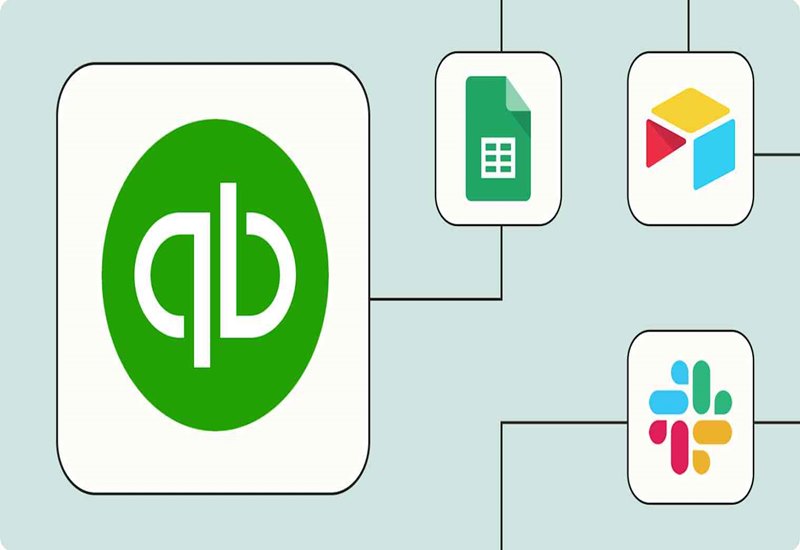- invoicing and payment tracking.
- Reconciliation
Bank and credit card reconciliation ensures that the recorded transactions match statements. Regular reconciliation prevents errors and catches discrepancies early. - Financial Reporting
Preparing financial statements like the balance sheet, income statement, and cash flow statement provides insights into a business’s performance. These reports help decision-makers identify strengths and address weaknesses. - Tax Preparation
Small businesses must comply with local, state, and federal tax regulations. Staying on top of tax obligations, including income tax, sales tax, and payroll taxes, is crucial for avoiding penalties.
The Role of Technology in Accounting
Technology has transformed small business accounting. Tools like QuickBooks, Xero, and Wave automate many tasks, reducing errors and saving time. Cloud-based platforms also provide real-time access to financial data, enabling better decision-making.
Billing clerks and accounting firms leverage these tools to streamline processes such as invoicing, payment tracking, and financial reporting. These systems also facilitate integration with payroll and inventory management software, offering a comprehensive view of business operations.
Why Partner with an Accounting Firm?
While some small businesses manage their accounting in-house, partnering with an accounting firm can provide significant advantages:
- Expertise: Firms bring extensive knowledge of tax laws and regulations.
- Scalability: As your business grows, an accounting firm can scale its services to meet your needs.
- Time Savings: Outsourcing frees up time for business owners to focus on core operations.
Conclusion Understanding small business accounting is critical for maintaining financial stability and ensuring growth. By mastering fundamental principles like double-entry bookkeeping, staying compliant with tax regulations, and leveraging modern tools, small businesses can set themselves up for success. Whether you’re a billing clerk or an accounting firm supporting these businesses, a solid grasp of accounting basics is the first step toward achieving financial clarity and prosperity.




